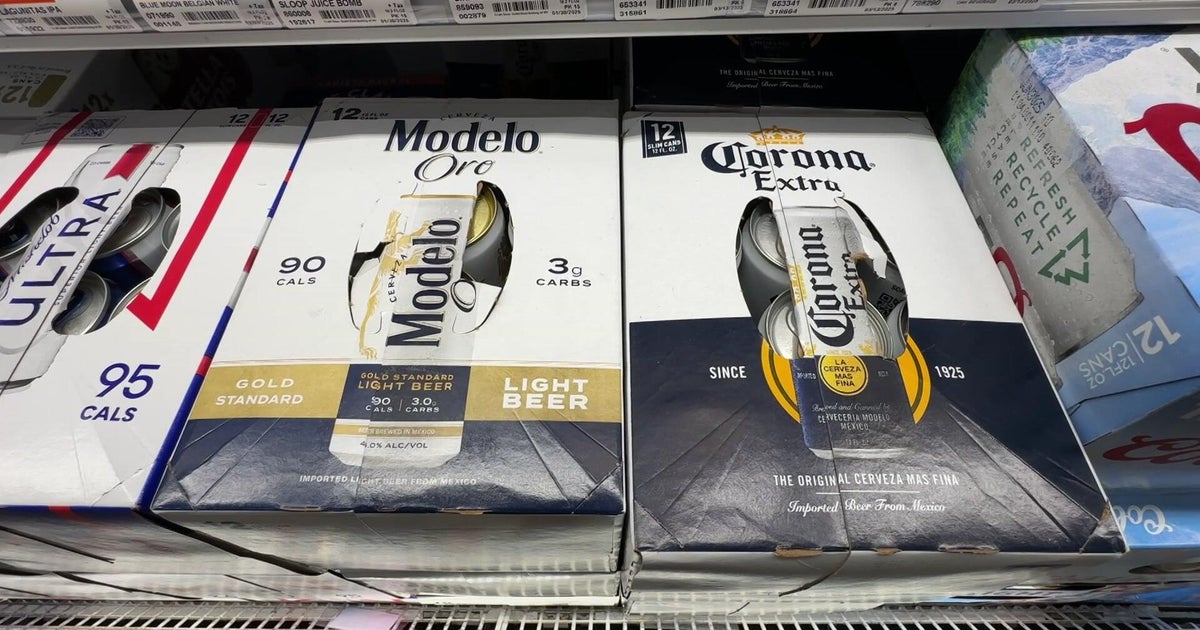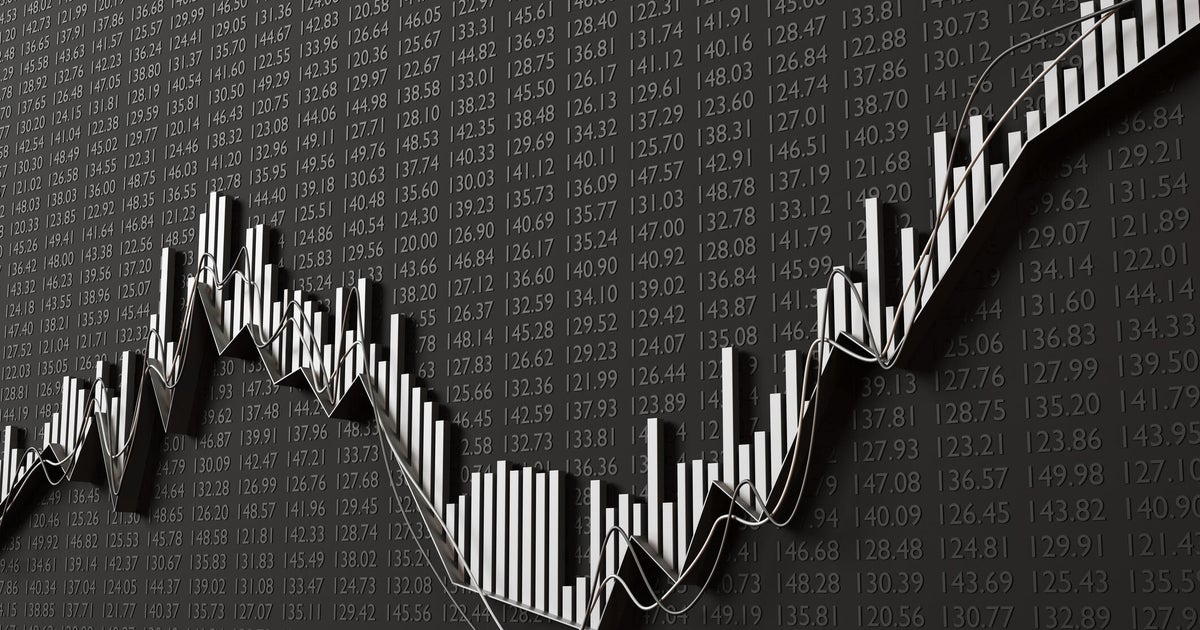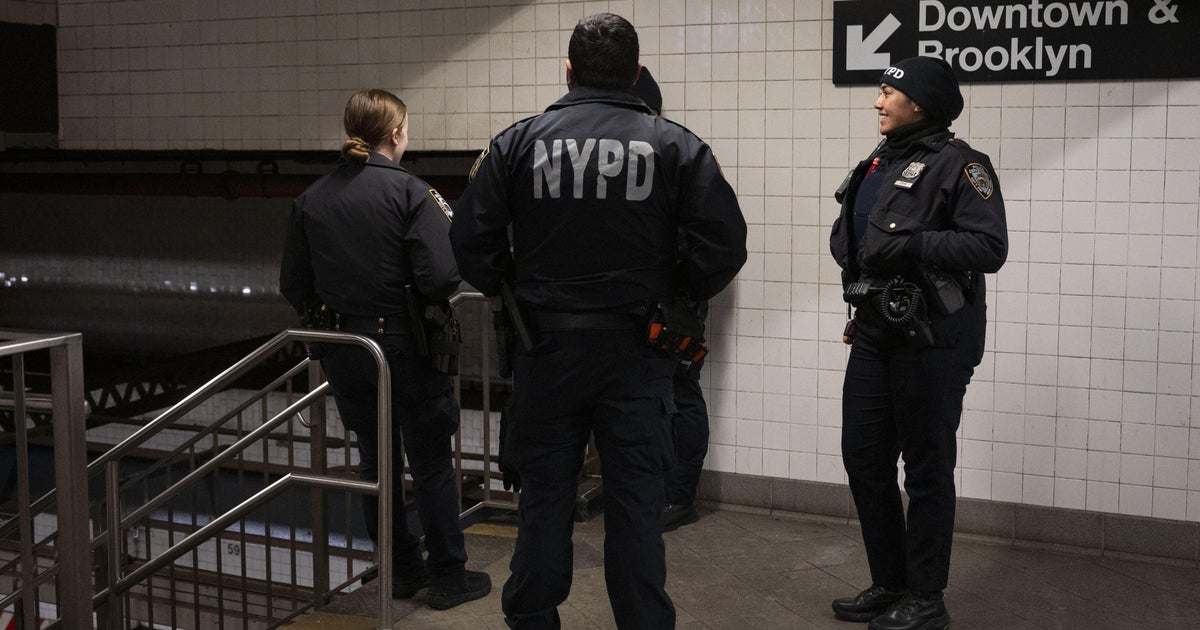Bud Light gets stock downgrade just weeks after Dylan Mulvaney fallout
Bud Light sales have dwindled and its stock has been downgraded in a continuing fallout since the popular beer ran a promotion with transgender influencer Dylan Mulveney last month.
Parent company Anheuser-Busch InBev (ABI) sold $71.5 million worth of Bud Light in the week ending April 29, a 23% drop compared to a year ago, according to data from Bump Williams Consulting. Budweiser sales totaled $31.5 million that same week, down roughly 11%, the firm said. Sales of other Anheuser-Busch brands — including Michelob Ultra, Busch Light and Natural Light — have also taken a hit.
Mulvaney, a San Diego-based trans rights activist and actress, posted an Instagram video April 1 to promote a contest for the beer brand. In the promotion, she showed off Bud Lite cans with her face on them commemorating her "365 days of girlhood" series in which she documents her gender transition.
The post sparked outrage from conservatives, including singers Kid Rock and Travis Tritt, and calls to boycott the brand. The 26-year-old Mulvaney, who has 10.8 million followers on TikTok and 1.8 million on Instagram, has received hateful comments online, as well as support.
That's led Wall Street analysts to call the episode a "crisis" and downgrade the company's stock to "hold." In a note Thursday, analysts at HSBC said the Bud Light sales slump might be worse than reported, and that beverage distributors are considering distancing themselves from the brand.
"The way this Bud Light crisis came about a month ago, management's response to it and the loss of unprecedented volume and brand relevance raises many questions," the analysts wrote. Citing Beer Marketer's Insights, they said "the trend of declining beer volumes is worsening and may be down more than 25% in April," while "US distributor relations appear to be at an all-time low."
"It is unclear how ABI will reverse eroding U.S. volume and brand relevance, and fix distributors' trust, without leadership changes," analysts said.
Anheuser-Busch didn't immediately respond to a request for comment from CBS MoneyWatch.
Backlash from both sides
Anheuser-Busch CEO Brendan Whitworth on April 14 expressed regret regret over the division caused by the company's collaboration with Mulvaney, though his statement did not refer to the promotion directly. Soon after, the two Anheuser-Busch InBev executives who supervised the failed marketing collaboration were put on leave.
The company's attempt to distance itself from the campaign caused further backlash from the LGBTQ+ community, with some bars pulling all Anheuser-Busch products from their menu.
- Bud Light executives put on leave after Mulvaney campaign
- Maybelline faces boycott over partnership with Dylan Mulvaney
- Budweiser releases new patriotic ad after conservative backlash over partnership with trans influencer Dylan Mulvaney
Anheuser-Busch's Global CEO, Michel Doukeris, said that Budweiser is still experiencing conservative backlash over the episode, in part because the public mistakenly believes it has a long-term partnership with the social media influencer.
"We will need to continue to clarify the fact that this was one can, one influencer, one post, and not a campaign, and repeat this message for some time," he said in a May 4 earnings call.
"Over the years, our global footprint has enabled us to successfully navigate different types of challenges, such as [a] temporary ban on beer sales in certain countries and the most long shutdown of bars and restaurants across the globe," he added. "With respect to the current situation and the impact of Bud Light sales, it is too early to have a full view."
The fall in Bud Light sales in the U.S. in the first three weeks of April would represent roughly 1% ABI's global sales for that period, Doukeris noted.
The blowback has not affected all beer brands. Sales of Coors Light and Miller Lite are up 20% from last year, while Keystone Light has grown 14%, according to Bump Williams.
ABI's stock Friday morning, was trading at about $61 a share. The stock is down more than 7% this month.







